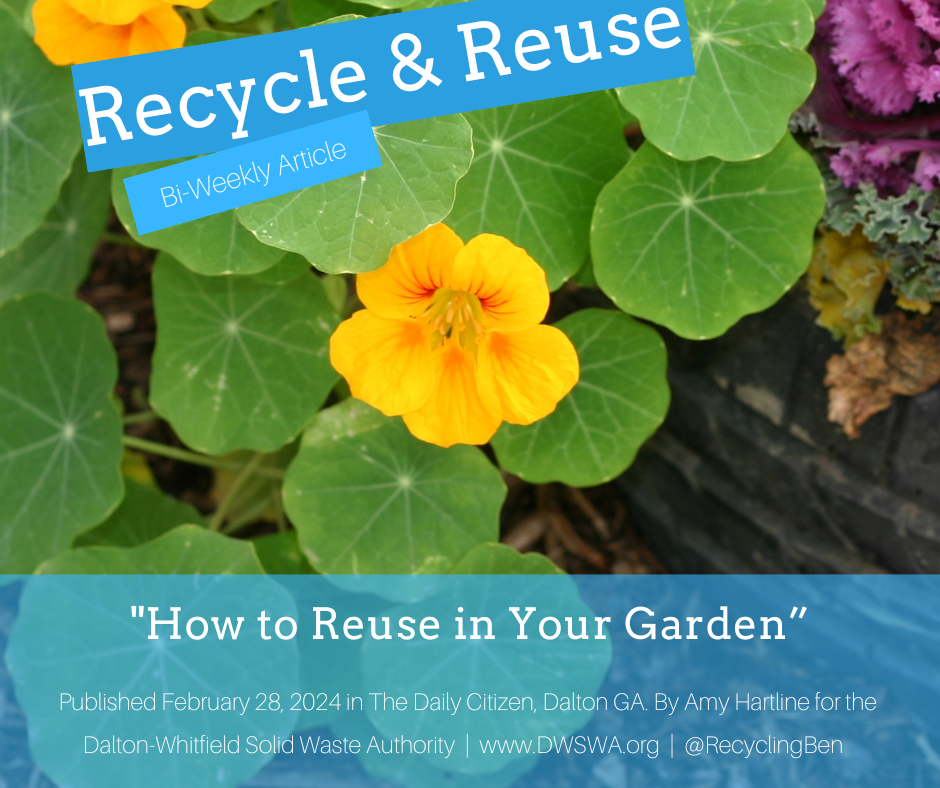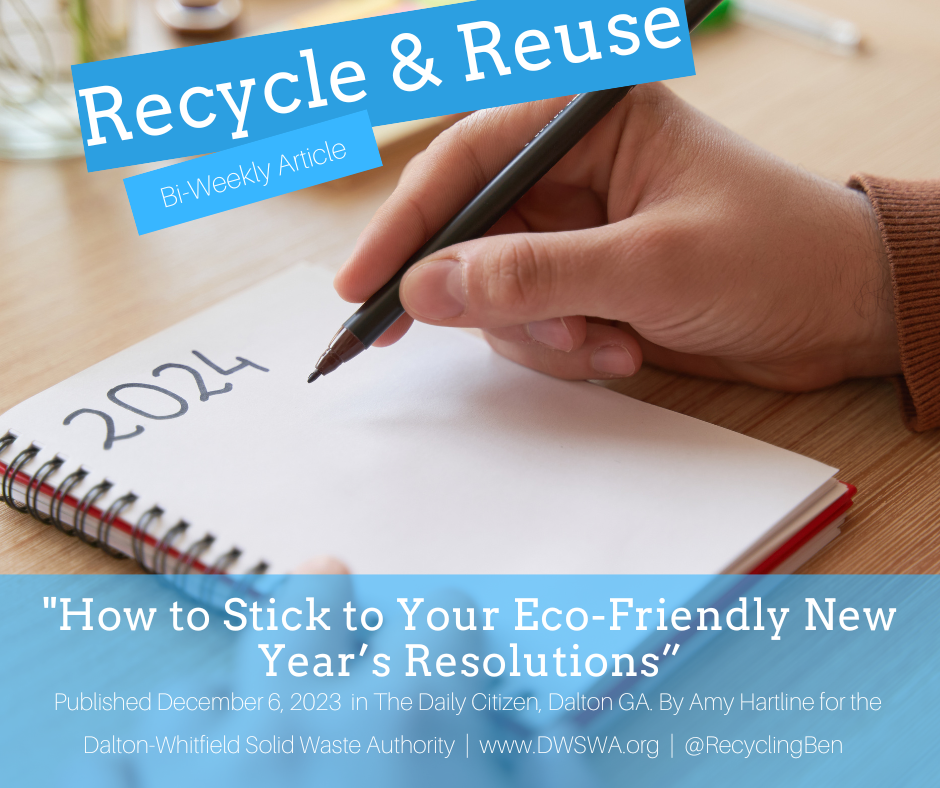What is Plogging and How Do You Start?
/Many groups who complete the Adopt a Mile program such as the Cowan Law Firm already incorporate “palking” and a few like the Carpet Capital Running Club have been plogging for years before it became cool.
Whenever I introduce the concept of “plogging” to people there is invariably confusion many people stop to ask if I meant to say clogging. While both clogging and plogging can be good exercise, the term I am using is one that has begun to increase in popularity over the past couple of years. The term plogging is a combination of the English word “jogging” and the Swedish phrase “plocka upp” which means picking up so the act of plogging is jogging while picking up litter that you see while you exercise. It is a simple way to get in some exercise and make a difference.
If you have ever had a cleaning sprint in your home, you know that cleaning up can lead to some serious calorie burning. Combining those same concepts with jogging can lead to a big change for your health and the area you frequent. The fitness app Lifesum tracks plogging activity as burning 288 calories for a thirty-minute plog for an average person. For comparison, a normal jog burns only 235 and a walk burns 120.
Plogging also incorporates interval training and functional movement naturally. The activity will have you jogging for periods which will elevate your heart rate and spending moments squatting or lunging to pick up trash creating a workout that improves fat burning and endurance. The act of picking up litter is also inherently functional as we often find ourselves having to pick up things and move around in our daily lives. By going plogging you can build up strength in the areas you need to make every day a little easier over time.
Plogging has great benefits for physical health, but it really shines in making a difference in your mental health. Plogging combines the mental health benefits of being outside with the boosts we get for doing something good for others. Multiple studies have found that volunteering especially when it is focused on helping someone or something else can help decrease depression symptoms and increase happiness and self-confidence. If you are someone interested in helping people out by decreasing pollution or care about creating a safe world for wildlife, plogging lets you do good for the world while exercising.
Scientific Reports published in 2019 that people who spend 120 minutes outdoors a week often report better health and well-being. An estimated 40% of men and women are vitamin-D deficient making any the time spent soaking up the sun especially helpful. A vitamin-D deficiency can lead to a weaker immune system and potentially a high chance of depression. Because plogging takes place outside you get the benefit of spending time outside and often in the sunshine helping make you mentally stronger.
When you go plogging, it is important to remember all of the typical rules when working out such as staying hydrated and remembering to warm up, there are a few extra tips that can help make your exercise session a success though. As you plog the bag you are collecting litter in will get heavier. Remember to switch which hand is holding your bag as you go so that you are evenly distributing the weight through your route. For a harder routine, incorporate sprints or jumping in 30 second increments throughout your time and be purposeful about what exercise you use to pick up litter such as various lunges, squats, and bending over. For an easier routine, try “palking” by picking up and walking or “piking”, picking up and hiking on easy trails and limit how many times you will bend over or squat to pick up litter.
If you are ready to give plogging a try, but want to start with a group pre-register for Trash Dash on September 23rd at 6:00 p.m. presented by Keep Dalton-Whitfield Beautiful in partnership with Believe Greater Dalton, Novalis Innovative Flooring, and Keep America Beautiful. There will be free root beer floats, awards, and music after the plogging which will take place in downtown Dalton starting at King St. and loop for one mile. Register at https://volunteer.kab.org/opportunity/a2a4M000001hIKGQA2 to reserve your spot and get plogging!
































